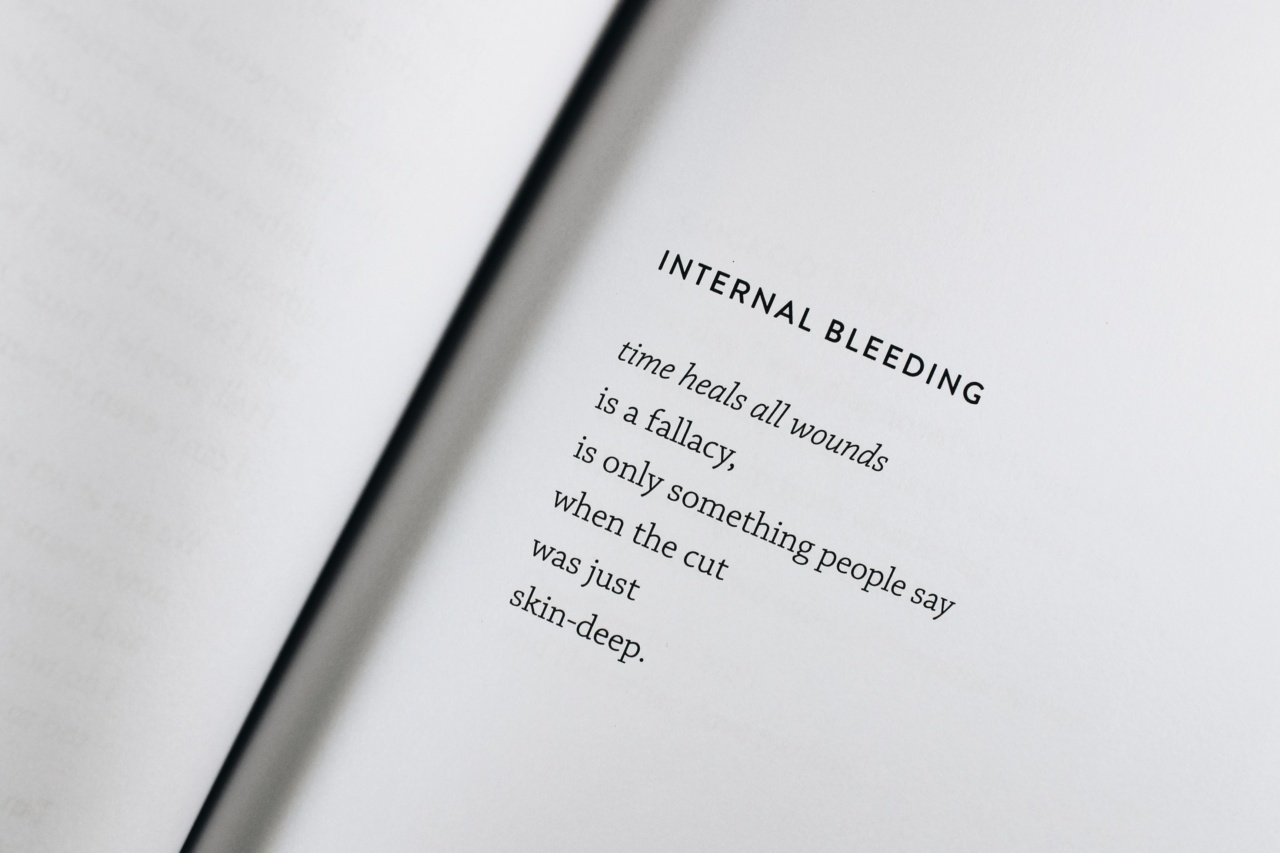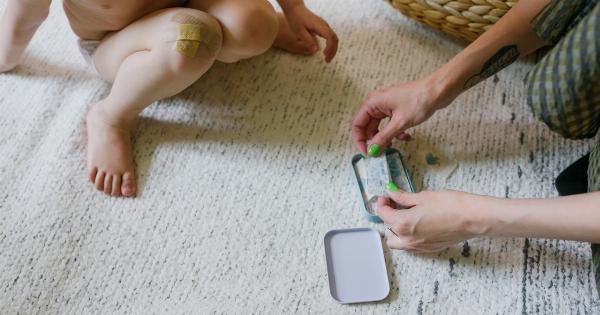Wound healing is a complex process that involves various physiological and cellular mechanisms working together to repair damaged tissues.
While factors such as nutrition, age, and underlying health conditions play a significant role in the healing process, the mind also exerts a considerable influence on wound healing. In fact, research has shown that psychological factors can either hinder or promote the body’s ability to heal, and a positive mindset can significantly accelerate the healing process.
The Mind-Body Connection
The mind-body connection refers to the powerful interplay between psychological and physiological processes.
Our thoughts, emotions, and beliefs can influence the functioning of our body systems, including the immune system, which plays a crucial role in the wound healing process. For instance, stress and negative emotions such as anxiety and depression can lead to dysregulation of the immune system, impairing its ability to respond effectively to injury and slowing down the healing process.
Stress and Slow Wound Healing
Chronic stress has been found to have detrimental effects on wound healing. When we experience stress, our body releases stress hormones, such as cortisol, which can impair the immune system and delay wound healing.
Additionally, stress can lead to poor sleep, unhealthy coping behaviors (such as smoking or excessive alcohol consumption), and a weakened immune system, all of which can further contribute to slow wound healing.
The Impact of Psychological Factors
Psychological factors, such as depression, anxiety, and low self-esteem, have also been linked to slower wound healing.
Research suggests that individuals with higher levels of depression tend to have higher pro-inflammatory cytokines, which can impair the healing process. Anxiety, on the other hand, can lead to avoidance behaviors, such as avoiding necessary wound care or physical therapy, which can hinder healing and prevent a full recovery.
The Power of Positive Thinking
On the flip side, maintaining a positive mindset and engaging in positive thinking can have a profound impact on wound healing. Optimism and hope have been associated with faster healing rates and improved overall health outcomes.
This may be due to the fact that positive emotions can reduce stress, enhance immune system functioning, and promote healthy behaviors that support healing, such as good nutrition and regular physical activity.
Strategies for Promoting Mental Well-being
To support optimal wound healing, it is essential to prioritize mental well-being. Here are some strategies that can help promote a positive mindset and emotional well-being:.
1. Practice Stress Management Techniques
Engaging in stress management techniques, such as deep breathing exercises, meditation, or yoga, can help reduce stress levels and promote relaxation. These practices have been shown to have positive effects on immune function and overall healing.
2. Seek Social Support
Building and nurturing a strong support network can provide emotional stability and help alleviate feelings of isolation or stress.
Sharing concerns and seeking support from friends, family, or support groups can contribute to a more positive outlook and better healing outcomes.
3. Engage in Relaxation Activities
Participating in activities that promote relaxation and pleasure, such as listening to music, reading a book, or taking a warm bath, can help reduce stress and improve emotional well-being.
These activities can also distract the mind from negative thoughts, allowing for a more positive healing environment.
4. Practice Cognitive-Behavioral Therapy
Cognitive-behavioral therapy (CBT) is a widely-used therapeutic approach that focuses on identifying and modifying negative thoughts and behaviors.
By challenging negative beliefs and practicing positive self-talk, individuals can cultivate a more optimistic mindset, leading to better wound healing outcomes.
5. Maintain a Healthy Lifestyle
A healthy lifestyle, including regular exercise, balanced nutrition, and adequate sleep, is not only important for physical health but also for mental well-being.
Engaging in positive health behaviors supports the body’s healing processes and contributes to overall positive emotions and mental resilience.
6. Seek Professional Support
If psychological factors are significantly impacting wound healing or if mental health concerns persist, seeking professional help from a mental health provider, such as a therapist or counselor, can be extremely beneficial.
These professionals can provide guidance, support, and evidence-based interventions to address underlying issues and support mental well-being.
Conclusion
While the mind may not directly heal wounds, its impact on the healing process should not be underestimated.
Psychological factors, such as stress, depression, and anxiety, can significantly hinder wound healing, while a positive mindset and optimal mental well-being can accelerate the healing process. By incorporating strategies to promote mental well-being, individuals can support their body’s natural healing mechanisms and improve overall healing outcomes.































